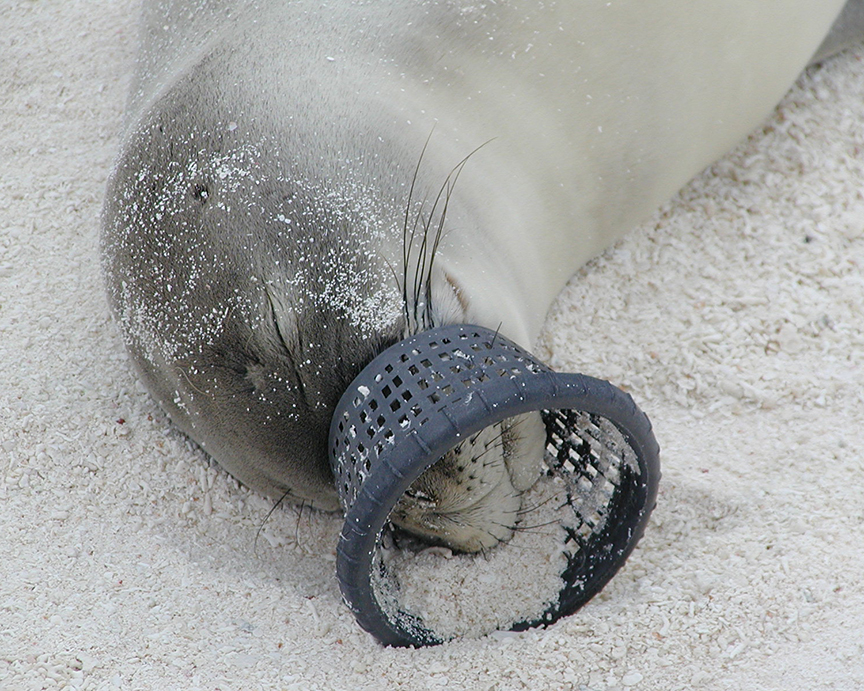
Gray reef shark and schools of anthias at Jarvis Island. Photo courtesy of NOAA Fisheries/Andrew E. Gray
A new report released by the National Academies of Sciences, Engineering and Medicine states that while the management of local and regional stressors threatening coral reefs is critical, these efforts on their own will not be enough in the face of global climate change, as recently reported by the University of Hawai‘i.
The report co-authors, including Robert Richmond, research professor and director at Kewalo Marine Laboratory in the School of Ocean and Earth Science and Technology (SOEST) at the University of Hawaiʻiat Mānoa, explored the state of science on a variety of approaches to sustain coral reefs in rapidly deteriorating environmental conditions. He assessed the interventions’ benefits and goals, feasibility, risks and infrastructure needs.
Worldwide, coral reefs have an estimated value of $1 trillion and nearly 500 million people depend on these vital ecosystems for wave protection, fisheries and tourism, cultural heritage, and food and livelihoods. Over the past few decades, however, about 50 percent of coral reefs have been lost and the rate of loss has increased with the impacts of climate change.
“Quitting cigarettes is a positive step, but is insufficient if one already has lung cancer,” said Richmond. “The same is true for reefs — stopping stressors now is key, but only part of the solution. Interventions are needed and we are running out of time.”
This report is the first in a two-phase study evaluating the risks and benefits of implementing novel ecological, genetic and environmental interventions that could enhance the recovery and persistence of coral reefs.
For the full story, see the SOEST website.
Discover more from ForKauaiOnline
Subscribe to get the latest posts sent to your email.





Leave a Reply